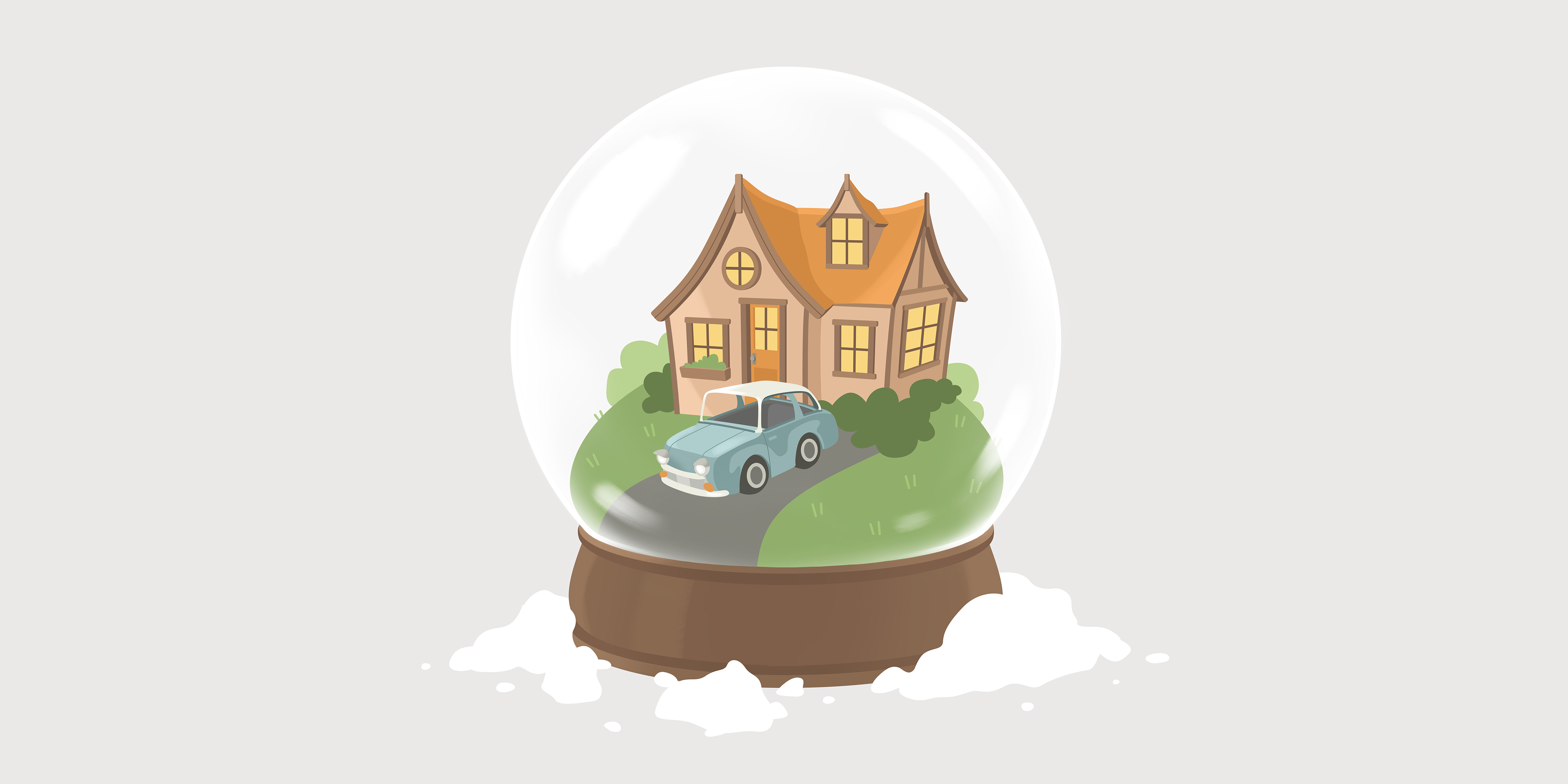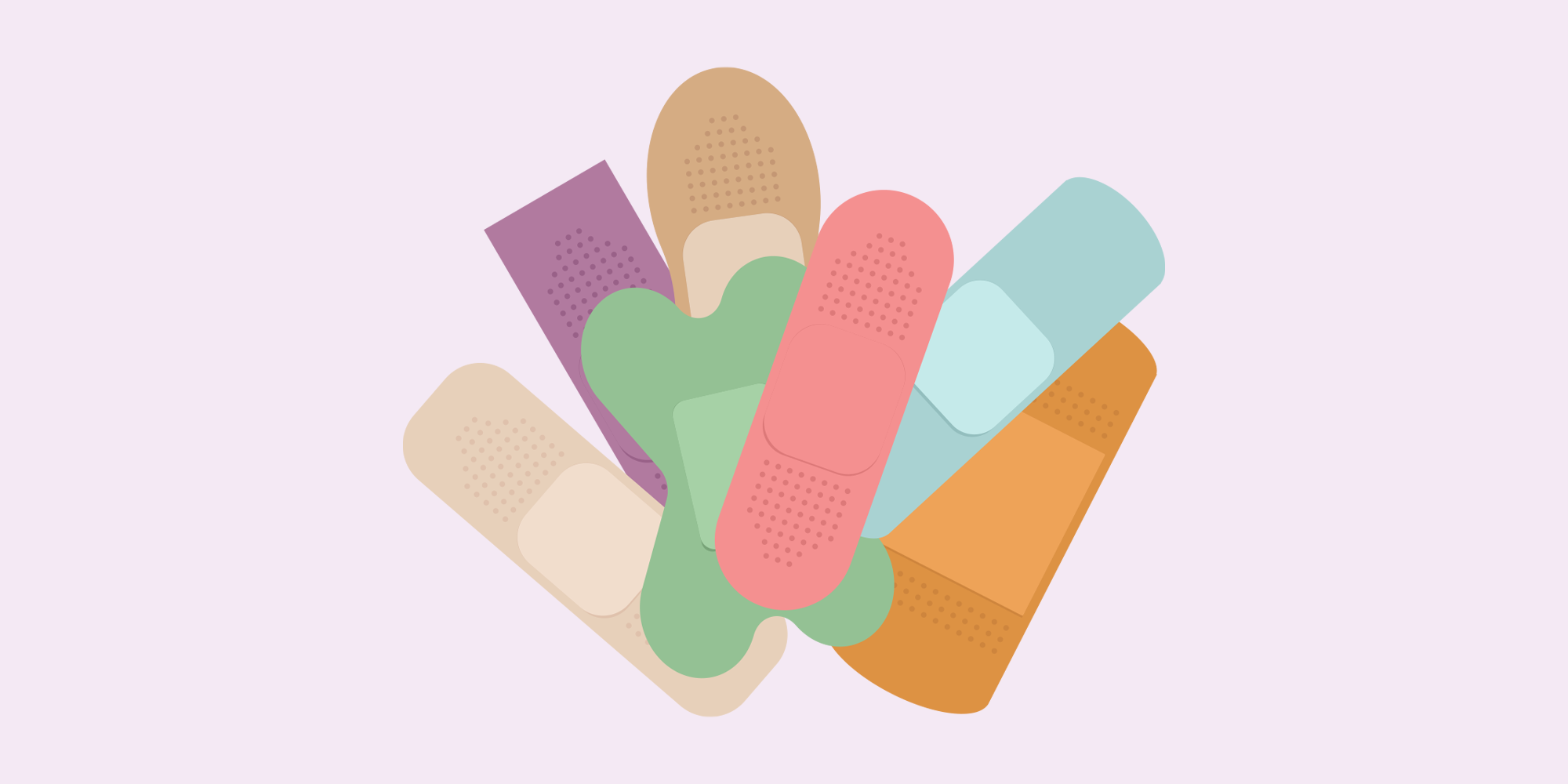Many people start thinking about insurance when they absolutely need it, like when the parents of a new baby suddenly realize they need life insurance to protect the new addition to their family.
But buying a policy in advance of something happening — particularly when a person is young — can pay off in the long-term, says Brian So, an insurance advisor in Vancouver. To begin with, premiums for many products are lowest when a person is younger. Secondly, these products protect your ability to earn a living at a time when you may not have a lot of savings.
“If you don’t have dependents, your primary focus (in your 20s) should be on protecting your ability to earn a living,” says So.
That said, if you’re in your 30s, 40s, or 50s, it’s never too late to purchase insurance – and different life stages necessitate different products, he says. These might include term or permanent life insurance, critical illness insurance, disability insurance – as well as auto, renter’s, or home insurance.
The first step is to determine why you need insurance and what amounts you’d require to ensure your bills are paid and your family is looked after. Next, take stock of the insurance you have through your employer, identify any gaps, and choose products that can address those areas, says So.
“It’s an essential part of ensuring your family’s financial security in case something happens to you during your prime working years,” he says.
The 20s
Insurance might not be top of mind when you’re in your 20s. But it should be, says Lillian Huang, an insurance advisor in Calgary. “I think most people in their 20s don’t even think about insurance – it’s simply not a priority,” she says.
If you don’t have kids, focus on protecting your income, says So. This makes disability and critical illness insurance essential. Disability insurance ensures you have an income if an illness or injury prevents you from working, while critical illness insurance provides a lump sum to cover expenses if you’re diagnosed with a serious illness, like cancer or a heart attack.
So says many employers offer group long-term disability insurance, so you might not need to spend too much on additional coverage.
According to Huang, it’s also a good idea to consider term life insurance when rates are very low, because once you purchase a coverage, that makes you more insurable later – and eligible for lower premiums.
In the 20s, it’s also good to have renter’s insurance, which helps cover the costs of repairing or replacing the contents of your home in the event of a claim, says Mitch Moore, Digital Sales at Morison Insurance in St. Catharines. He says it provides coverage if your belongings are damaged in a fire, covers your expenses if you need to leave your rented home after a covered peril, and can protect you if someone launches a lawsuit against you for property damage or an injury in your apartment.
“When shopping for insurance in your 20s, the best way to secure a good rate is to get insurance from the company your parents are with if you are still living in your family’s home,” says Moore. He says many firms offer multi-line and/or multi-vehicle discounts for family members living in the same household.
“If you live on your own, try to combine your home, condo, or renter’s insurance with your auto insurance because this will qualify you for a discount on both policies,” he says.
If you have a vehicle, you also need auto insurance. There are many variables used to calculate auto premiums, including the year, make and model of your vehicle, your driving record, where you live, how you use your vehicle and your claims history, says Joshua Shwydiuk, Digital Sales at Morison Insurance in Hamilton, Ont. “The simplest way to keep your rates low is to be a safe and conscientious driver, installing winter tires, keeping commuting distances low, installing anti-theft devices, including conviction and claims forgiveness on your policy, and combining your home and auto insurance with the same company.”
30s and 40s
If you have a family, consider life insurance, says So. “Term insurance is affordable and provides financial protection for your family by covering income replacement and debt obligations like your mortgage until your children are financially independent,” he says. In the event of a partner’s passing, it can provide several years of income, allowing a parent to stay home with the kids — or to hire a caregiver, says Huang.
You should also hang onto your critical illness and disability insurance during this period – especially if you have a family or are self-employed, she says. Some employers offer disability coverages but if you’re disabled, many of these plans will stop after two years.
In the 30s and 40s it’s also important to have home insurance, which protects against fire, theft, vandalism and damage. The easiest way is to secure a good rate for home insurance is to combine your property insurance and auto insurance, says Moore. Starting your insurance history as early as possible and avoiding gaps in your insurance coverage can help to keep your insurance rates lower.
50s and 60s
During these years, “you’ll want to maintain all three types of insurance — disability, critical illness, and life insurance — if your financial obligations remain high,” says So. As you enter retirement, you can drop your disability insurance since you’re no longer relying on employment (or self-employment) income.
In the retirement years, it’s also a good idea to take a hard look at life insurance needs – and to adjust your coverage accordingly. Huang says that permanent life insurance can be a great option at this stage, as it’s paid out in a lump sum and can help cover any estate taxes, funeral costs, and ensure your dependents receive the full estate.
“Some permanent life insurance policies also build cash value, which can grow like an investment and provide a tax-sheltered savings tool for retirement,” says So.
“The earlier you start a permanent life insurance policy, the more time it has to accumulate cash value, making it a smart option to consider even when you’re younger, provided you have the financial means.”





